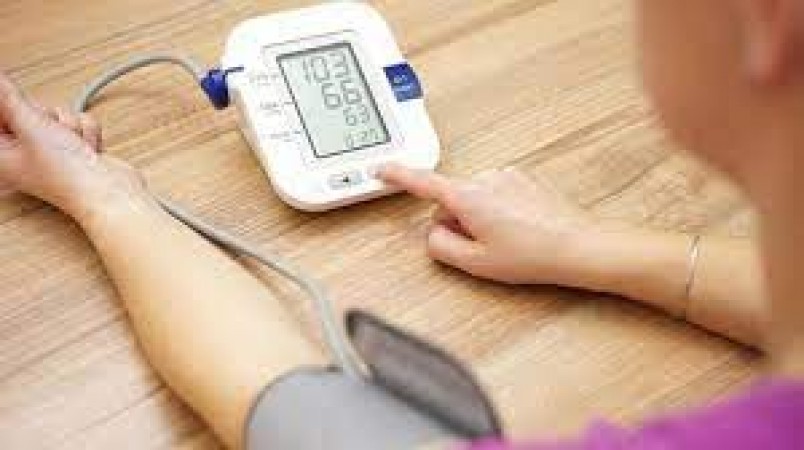
When faced with a sudden drop in blood pressure, it's essential not to panic. Understanding what causes this drop, the importance of immediate action, and a method to control it can make all the difference in such a situation.
A sudden decrease in blood pressure, also known as hypotension, can occur for various reasons. Dehydration, severe infections, allergic reactions, heart conditions, and even changes in body position can trigger this sudden drop. Understanding the root cause is the first step in managing the situation effectively.
A sudden drop in blood pressure can lead to dizziness, lightheadedness, and in some cases, fainting. This is why it's crucial to react promptly. When your blood pressure drops, your body isn't getting enough oxygen, which can be dangerous if not addressed quickly. Immediate action can prevent accidents and ensure your safety.
One of the first things you should do when you feel a sudden drop in blood pressure is to sit or lie down. This helps in two ways. Firstly, it reduces the risk of falling and injuring yourself. Secondly, it allows your heart to pump blood more efficiently as it doesn't have to work against gravity.
Dehydration is a common cause of low blood pressure. Drinking a glass of water can help increase your blood volume and raise your blood pressure to a more stable level. Hydration is a simple yet effective way to manage a sudden drop.
Consuming a small amount of salt can provide an almost instant boost to your blood pressure. Salt helps your body retain water, increasing your blood volume. This, in turn, raises your blood pressure. It's essential not to overdo it, but a pinch of salt can go a long way.
Elevating your legs can help redistribute blood throughout your body. Lie down and lift your legs, so they are higher than your heart. This allows gravity to assist in sending more blood to your upper body and vital organs.
Deep, slow breathing has a calming effect on your body and can help stabilize your blood pressure. It's essential to breathe in slowly through your nose, hold your breath for a few seconds, and then exhale through your mouth. This simple breathing exercise can have a surprisingly positive impact on your blood pressure.
Incorporating changes into your diet can play a significant role in preventing future episodes of low blood pressure. A diet rich in fruits, vegetables, and lean protein can help maintain blood pressure at a healthy level. Avoiding excessive caffeine and alcohol intake can also make a positive difference.
Lifestyle habits can contribute to blood pressure fluctuations. Regular exercise can improve the efficiency of your heart and blood vessels, helping to regulate blood pressure. Reducing stress through relaxation techniques such as yoga and meditation can also be beneficial.
While the above steps can often help in managing a sudden drop in blood pressure, it's crucial to recognize when medical assistance is necessary. If your symptoms persist, worsen, or if you experience chest pain, shortness of breath, confusion, or loss of consciousness, it's time to seek medical help. These could be signs of a more serious underlying condition that requires immediate attention. In conclusion, a sudden drop in blood pressure can be a distressing experience, but it can be managed effectively by following these steps. Stay calm, sit or lie down, hydrate, consume a pinch of salt, elevate your legs, and practice deep breathing. Make necessary dietary and lifestyle changes to prevent future episodes. Remember, it's vital to seek medical help if the situation doesn't improve or worsens. By staying informed and taking action, you can regain control over your blood pressure and your health.